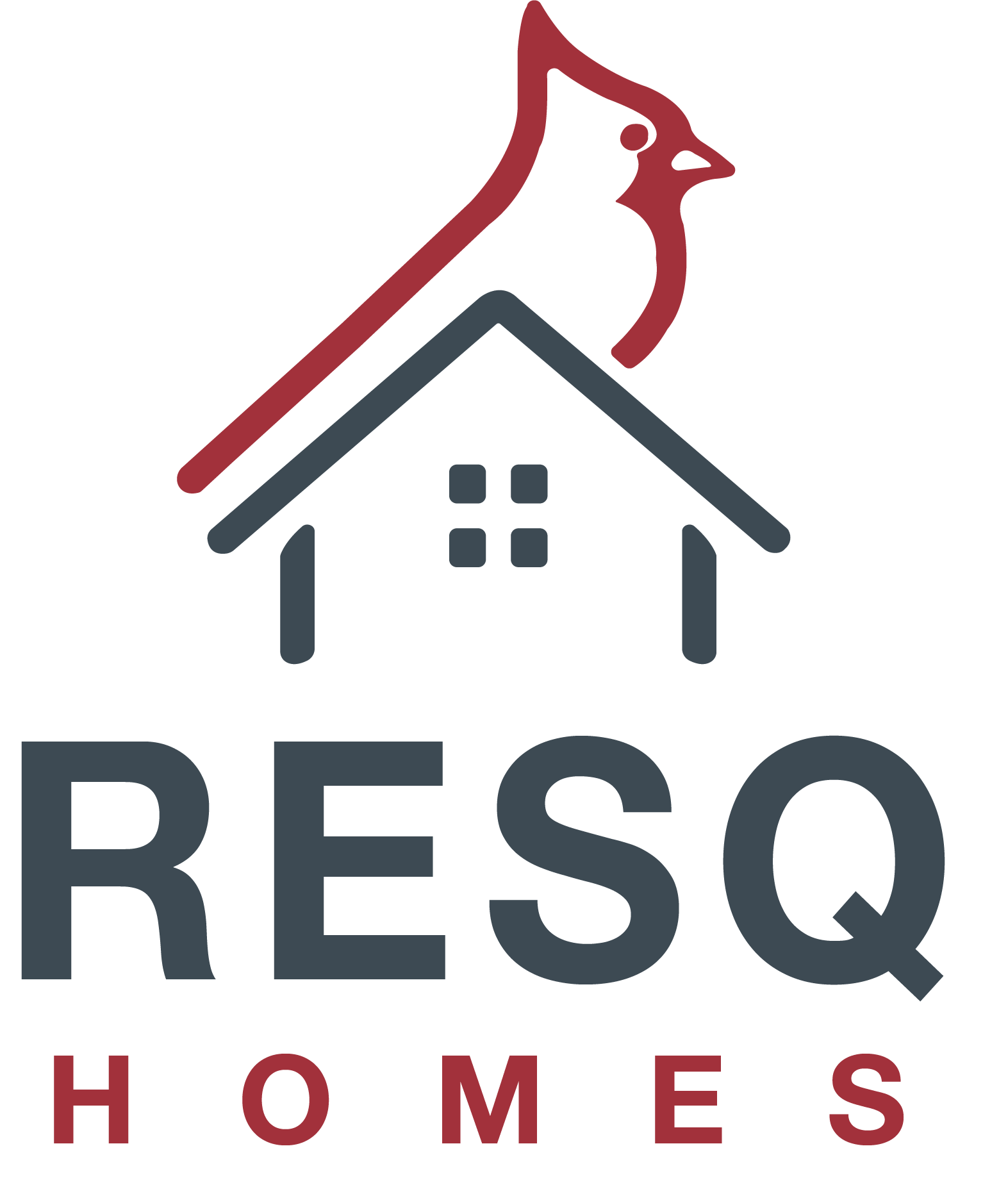In this blog post, we’ll explore the ins and outs of buying a home after experiencing pre-foreclosure. This topic is crucial for many homeowners who find themselves in tough financial situations but still dream of homeownership. Let’s break down what you need to know.
Key Takeaways
- You can buy another home after pre-foreclosure, but it depends on how you resolved the situation.
- Your credit score, financial stability, and time since pre-foreclosure matter.
- Different outcomes of pre-foreclosure affect your ability to secure a new mortgage.
Understanding Pre-Foreclosure
Pre-foreclosure is a stage that occurs when a homeowner is behind on mortgage payments but has not yet lost their home to foreclosure. It’s a stressful time, and many people wonder if they can still buy another home after this experience. The answer is yes, but it’s not as straightforward as it might seem.
How Pre-Foreclosure Affects Your Ability to Buy Again
Your ability to purchase another home after pre-foreclosure largely depends on how you handled the situation. Here are some common scenarios:
- Caught Up on Payments: If you managed to catch up on your mortgage payments, your credit might only take a small hit. This can keep you in a good position to buy again relatively quickly.
- Negotiated with Your Lender: If you worked out a deal with your lender, this can also minimize the damage to your credit score.
- Sold Your Home: Selling your home during pre-foreclosure and using the proceeds to pay off your mortgage can be a smart move. Even if your credit score dips, with good financial habits, you could qualify for a new mortgage in a year or two.
- Foreclosure: If your pre-foreclosure ended in foreclosure, the waiting period to buy another home can be longer. This is often called a seasoning period, which can range from 2 to 7 years depending on the type of loan you want to apply for.
The Impact of Credit Scores
Your credit score plays a significant role in determining your eligibility for a new mortgage. Here’s how different scenarios can affect your score:
- Minor Impact: If you avoided foreclosure, your credit score might only drop slightly.
- Major Impact: If you went through foreclosure, your score could take a significant hit, making it harder to qualify for a loan.
Example of Recovery
Let’s say a homeowner faced foreclosure but took three years to rebuild their credit from 550 to 700. During this time, they saved for a down payment. With a score of 700, they might qualify for an FHA loan, which has a shorter waiting period compared to conventional loans. This shows that recovery is possible with dedication and planning.
Steps to Rebuild Your Financial Profile
If you’ve been through pre-foreclosure, here are some steps to help you get back on track:
- Monitor Your Credit: Regularly check your credit report for errors and work on improving your score.
- Make On-Time Payments: Consistently paying your bills on time can help rebuild your credit.
- Save for a Down Payment: Start saving as soon as possible to show lenders you’re serious about buying again.
- Consult a Mortgage Professional: They can provide guidance tailored to your situation and help you understand your options.
Conclusion
Buying another home after being in pre-foreclosure is definitely possible, but it requires careful planning and effort. Whether you managed to avoid foreclosure or are working to recover from one, focusing on your credit and financial health is key. Remember, every situation is unique, so consulting with a mortgage professional can provide you with the best path forward.
We hope this information helps you understand your options better. If you have any questions or need further assistance, feel free to reach out. Good luck on your journey to homeownership!
